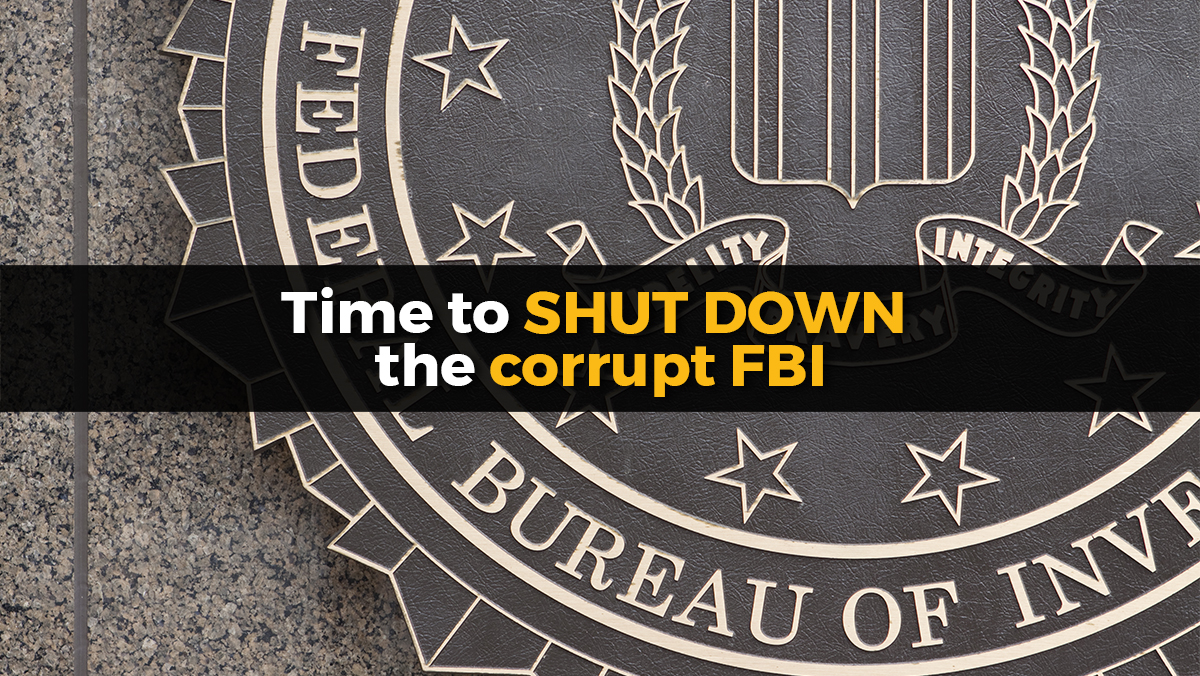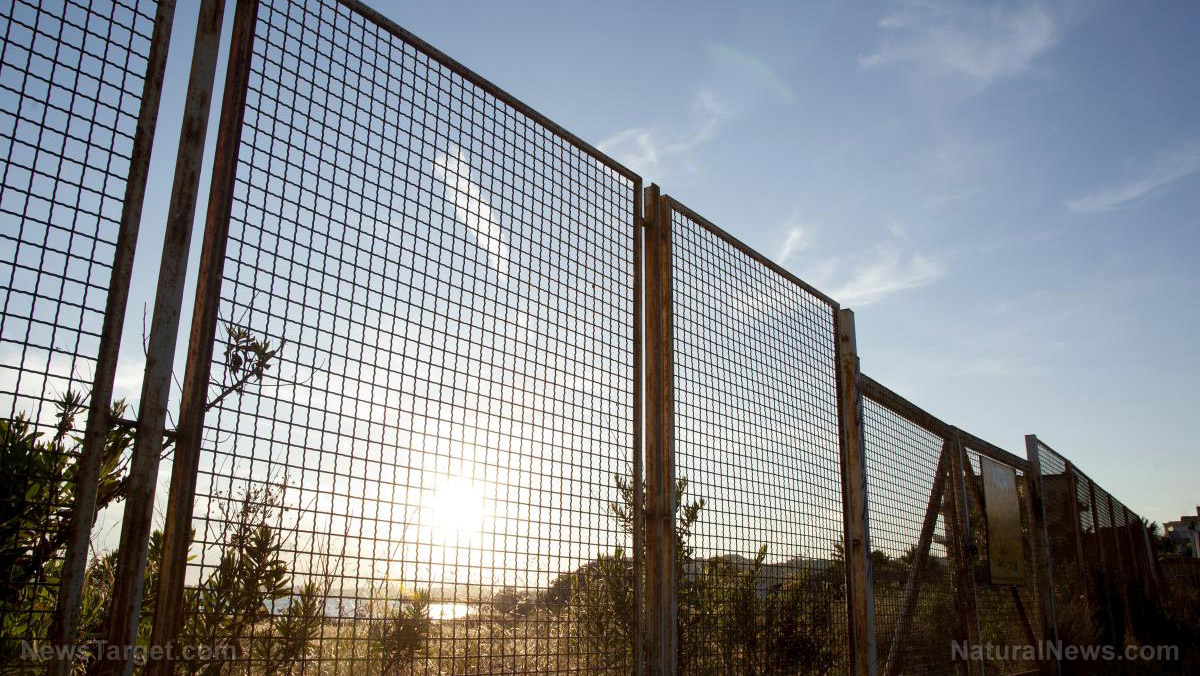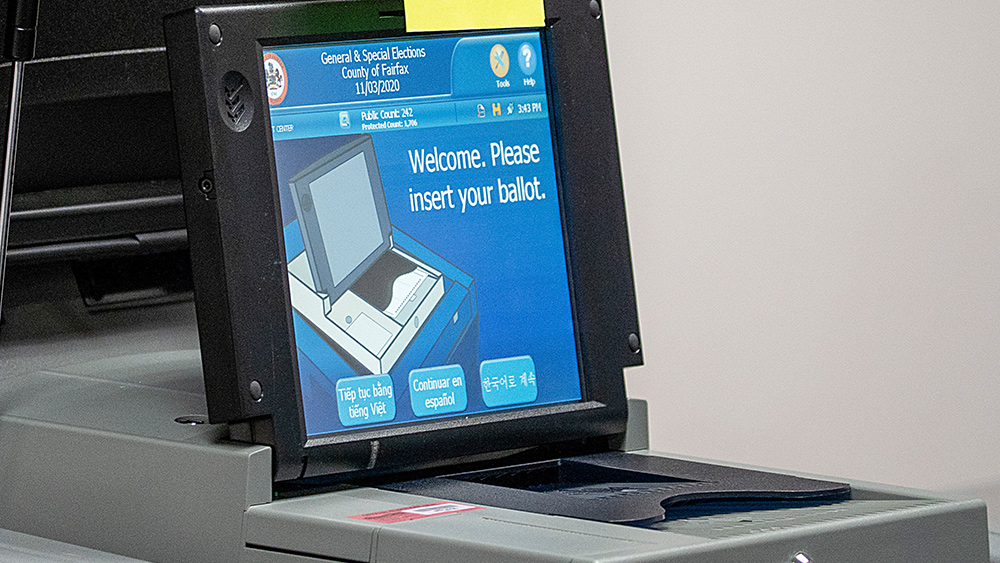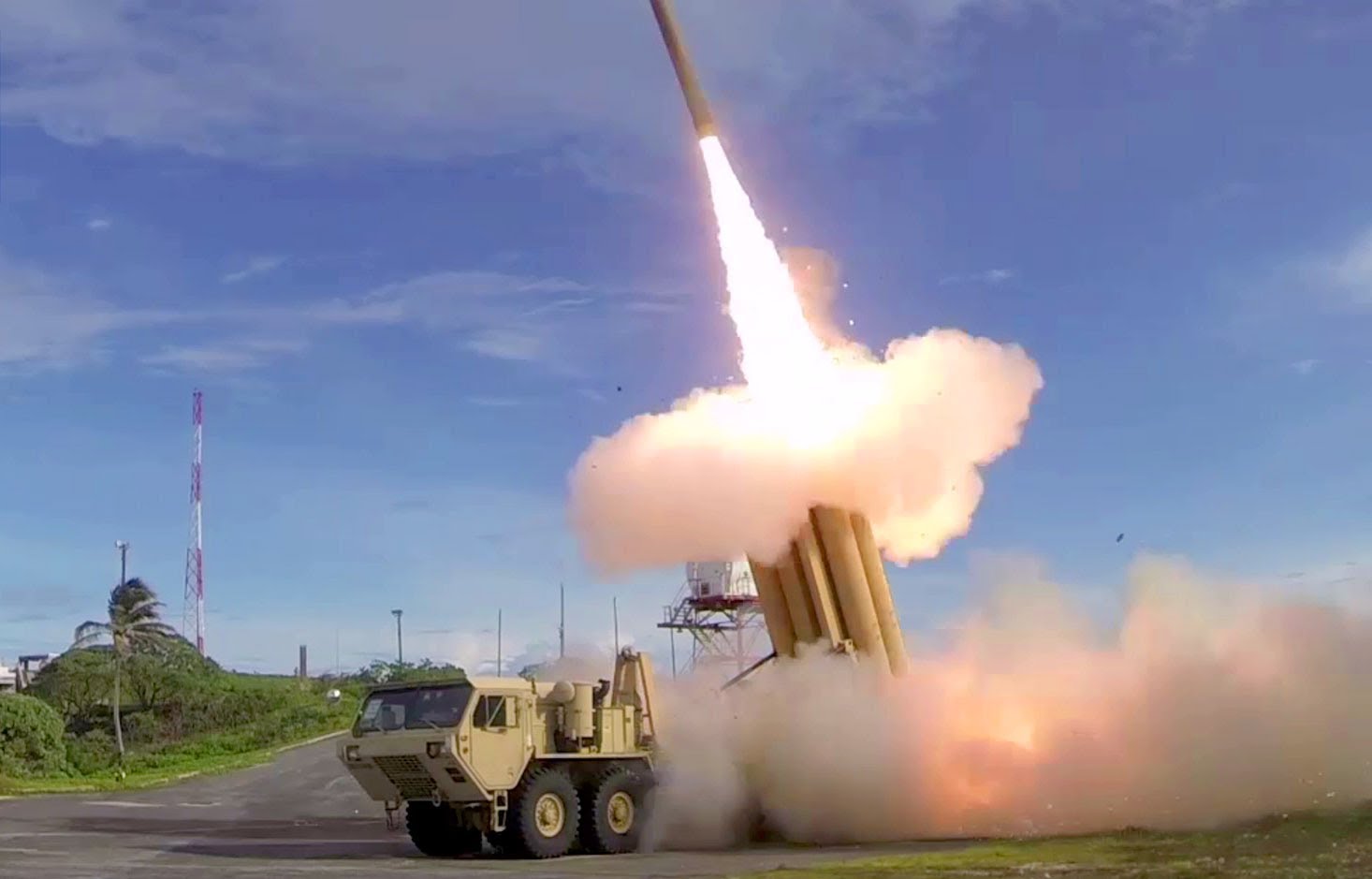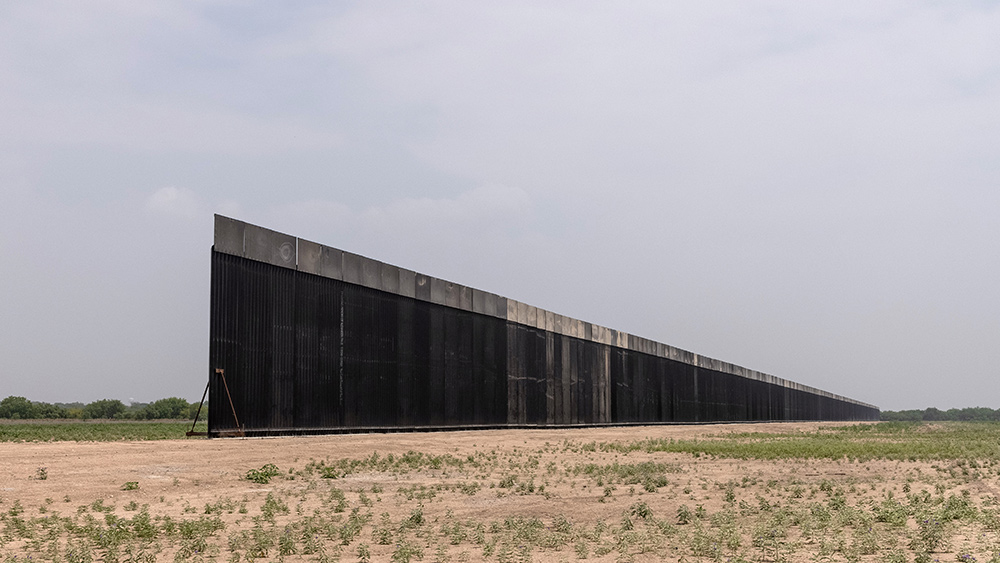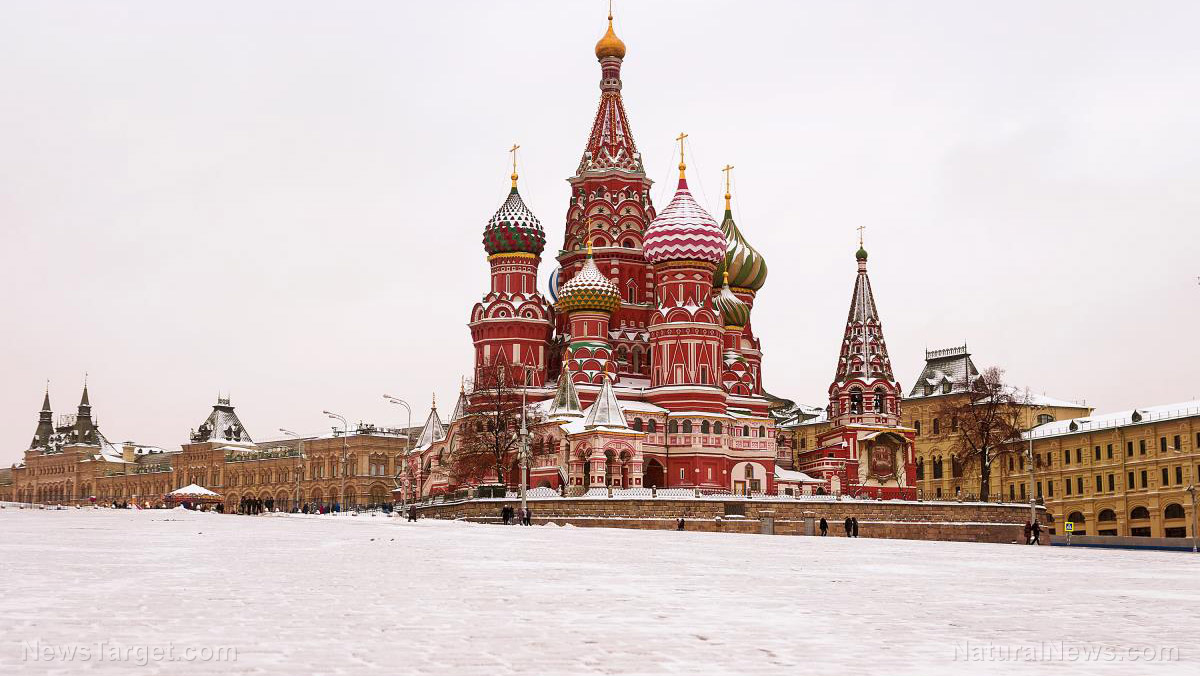NRO Director Christopher Scolese: Russians could target satellites to disrupt communications and GPS services
02/25/2022 / By Nolan Barton

National Reconnaissance Office (NRO) Director Christopher Scolese warned Wednesday, February 23, that Russia’s military could target satellites to disrupt communications and GPS services if full-scale war ensues in Ukraine.
Scolese issued the warning at the National Security Space Association’s Defense and Intelligence Space Conference.
“I think we’re seeing pretty clearly that Russia is committed to doing what they want to do in Ukraine, and they want to win,” he said. “So I think it’s fair to assume, to the extent that they can, and to the extent that they feel it won’t extend the conflict out of their control, that they will extend it into space.”
Just a few hours later, on Thursday morning local time, Russian President Vladimir Putin ordered his troops to march into Ukraine. Russia launched the full-scale invasion after previously insisting it had no plans to attack.
Scolese did not specify what actions the Russians might take, but he said it’s easy to imagine based on past behavior. “They are already doing GPS jamming, as an example,” he said.
Both government and commercial satellites systems are potential targets. The NRO operates government-owned spy satellites, but lots of imagery and intelligence are now collected and distributed by commercial satellite operators like Maxar, Planet, BlackSky and others, so any attempt to disrupt the country’s ability to gather intelligence could impact private and public assets.
For years, the military has worried that Russia and China will try to jam the country’s GPS and communications satellites during a conflict. (Related: China, Russia, working on weapons that can kill US GPS satellites.)
Russia could also target military GPS users with falsified PNT data, a technique known as spoofing. A GPS outage could wreak havoc across all military activities involving aircraft, ships, munitions, land vehicles and ground troops.
“I would tell everybody that the important thing is to go off and ensure that your systems are secure and that you’re watching them very closely because we know that the Russians are effective cyber actors,” Scolese said. “And, again, it’s hard to say how far their reach is going to go in order to achieve their objectives. But it’s better to be prepared than surprised.”
Russia seems prepared to disconnect from global internet
In June and July last year, Russia successfully disconnected from the global internet during tests. In 2019, Russia adopted legislation known as the “sovereign internet” law that seeks to shield the country from being cut off from foreign infrastructure.
The legislation tightened Moscow’s control over the global network. Tests involving all Russia’s major telecoms firms were held from June 15 to July 15 and were successful based on preliminary results, a source in the working group told news outlet RBC. “The purpose of the tests is to determine the ability of the ‘Runet’ to work in case of external distortions, blocks and other threats,” the source said.
Runet refers to the Russian-language community on the internet, or simply the internet in the Russian language.
Another RBC source said the capability of physically disconnecting the Russian part of the internet was tested. It was not immediately clear how long the disconnection lasted or whether there were any noticeable disruptions to internet traffic.
The law stipulates that tests be carried out every year. The first exercises were held in December 2019. In 2020, such exercises were supposed to be held once a quarter: March 20, June 20, September 20 and December 20. However, they were called off due to the Wuhan coronavirus (COVID-19) pandemic. (Related: Russia preparing for future cyber attacks, readies own web in case of internet shutdown.)
The Kremlin was aware of the tests, spokesman Dmitry Peskov said, describing them as timely and saying that Russia had to be ready for anything. The legislation seeks to route Russian web traffic and data through points controlled by state authorities and build a national Domain Name System to allow the internet to continue working even if Russia is cut off.
In June 2019, Russian President Vladimir Putin said Moscow had to ensure that Runet could function in a reliable way to guard against servers outside of Russia’s control being switched off and compromising their operations in the process.
State communications regulator Roskomnadzor said the tests were aimed at improving the integrity, stability and security of Russia’s internet infrastructure, RBC reported.
Vanishing from the global internet is commonly known as an internet shutdown or an internet kill switch – an action undertaken by a government to stop all internet activities in the whole country.
The legal basis for an internet shutdown in Russia stems from a set of laws passed by the government between 2012 and 2018 to comprehensively regulate the internet infrastructure in the country. In September 2014, Putin and the Security Council of the Russian Federation proposed a plan for the Kremlin to shut down Runet in the event of a national security threat, such as a military confrontation or antigovernment protests.
Peskov claimed that the government only intends to protect Runet from “unpredictable actions of the West.” Runet may be forced to run on its own very soon, but it’s only because of Russia’s own unpredictable actions.
More related stories:
Space arms race heats up as Russia admits to destroying a satellite with a space missile.
These countries have an INTERNET KILL SWITCH (and they admit it).
Russia successfully disconnects from the global internet during tests.
Watch this video about the U.S. suspecting that Russia is developing anti-satellite weapons.
This video is from the Nworeport channel on Brighteon.com.
Follow CyberWar.news for more news related to the internet, computers and cyberattacks.
Sources include:
Submit a correction >>
Tagged Under:
big government, computing, cyberwar, Glitch, global internet, GPS, information technology, intelligence, internet kill switch, Internet shutdown, Kremlin, national security, Runet, Russia, satellite, spoofing, Ukraine, Vladimir Putin, World War III
This article may contain statements that reflect the opinion of the author
RECENT NEWS & ARTICLES
COPYRIGHT © 2017 NATIONAL SECURITY NEWS











